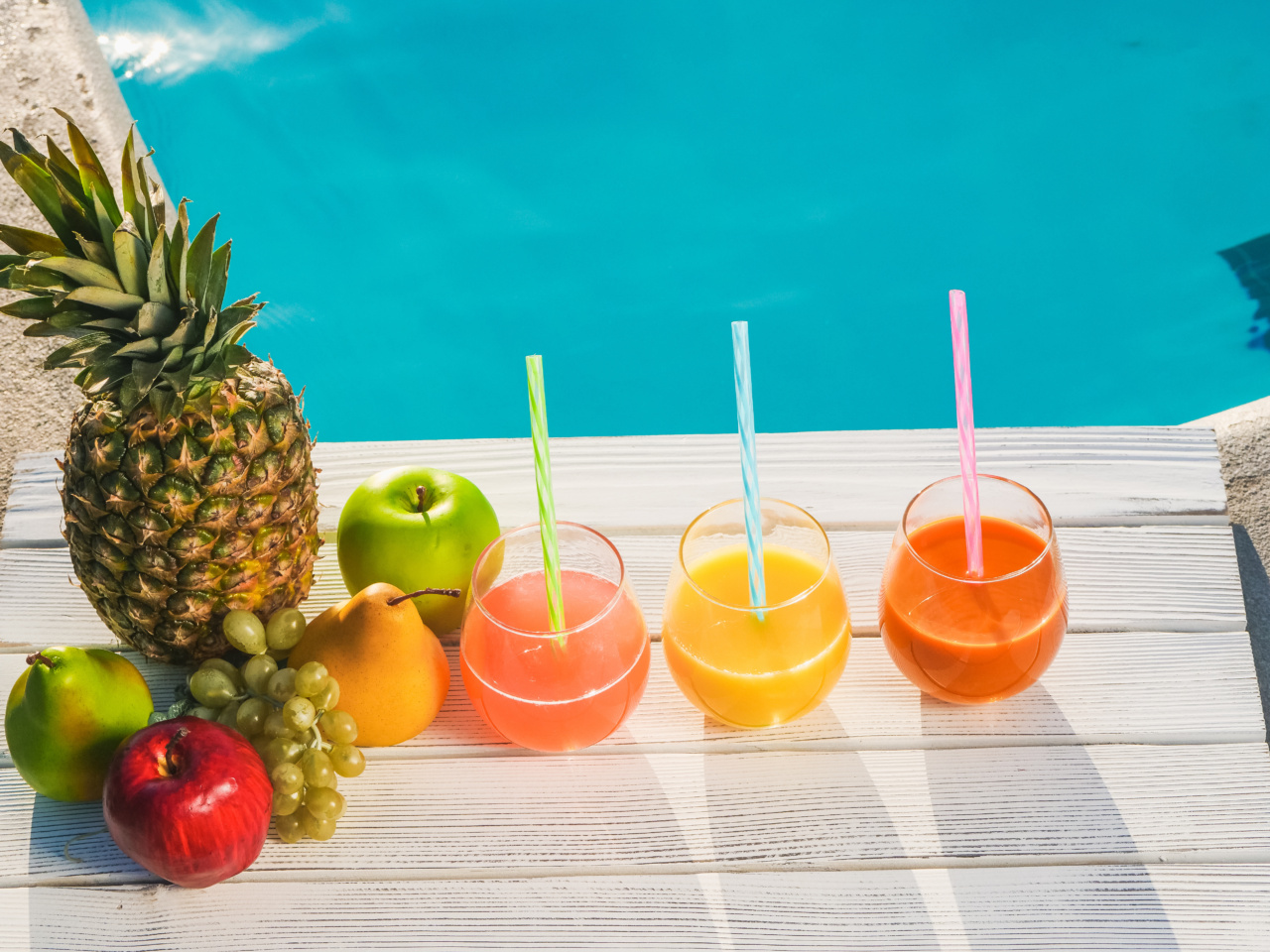It’s no secret that vacation is a time for indulgence. It’s a time to unwind, relax, and let loose. And while that may be good for the soul, it might not be so good for your cholesterol levels.
Studies have shown that people tend to eat more, drink more, and exercise less while on vacation, which can lead to a spike in cholesterol levels.
What is Cholesterol?
Cholesterol is a waxy, fat-like substance that is found in all cells of the body. It is important for the production of hormones, vitamin D, and other substances that help the body function properly.
There are two types of cholesterol: low-density lipoprotein (LDL) and high-density lipoprotein (HDL). LDL is often referred to as “bad” cholesterol because it can build up in the arteries, while HDL is known as “good” cholesterol because it helps remove LDL from the bloodstream.
How Does Vacation Affect Cholesterol?
During vacation, people tend to consume more calories, particularly from high-fat and high-cholesterol foods. This can cause an increase in LDL cholesterol levels.
Alcohol consumption also tends to be higher on vacation, which can also raise cholesterol levels. In addition, exercise routines may be put on hold, leading to a decrease in HDL cholesterol levels.
What are the Risks of Cholesterol Spikes?
High cholesterol levels can increase the risk of heart disease and stroke. When LDL cholesterol builds up in the arteries, it can lead to blockages, which can cause heart attacks or strokes.
This is why it’s important to keep cholesterol levels within a healthy range.
How Can You Prevent Cholesterol Spikes During Vacation?
While it’s important to enjoy yourself on vacation, it’s also important to be mindful of your health. Here are some tips to help prevent cholesterol spikes:.
1. Choose Healthy Foods
When dining out, look for dishes that are grilled, baked, or steamed instead of fried. Choose lean proteins, such as fish or chicken, and opt for vegetables or a salad as a side dish.
Avoid foods that are high in saturated and trans fats, such as cheeseburgers or fried chicken. When snacking, choose options such as fruit or nuts instead of chips or candy.
2. Limit Alcohol Consumption
Alcohol can raise cholesterol levels and also increase the risk of heart disease. To keep cholesterol levels in check, limit your alcohol consumption. Stick to one or two drinks per day, and choose lower-calorie options such as wine or light beer.
3. Stay Active
Exercise is important for overall health and can help keep cholesterol levels in check. While on vacation, make an effort to stay active. Go for a walk on the beach or try a new activity such as paddleboarding or snorkeling.
If your hotel has a gym, take advantage of it.
4. Get Plenty of Sleep
Studies have shown that lack of sleep can lead to an increase in LDL cholesterol levels. To help prevent cholesterol spikes, make sure you’re getting enough sleep each night. Aim for seven to eight hours of sleep per night.
5. Take Medications as Prescribed
If you have high cholesterol and are taking medication, make sure to take it as prescribed by your doctor. Skipping doses or stopping medication can lead to a spike in cholesterol levels.
If you’re going on vacation, make sure to bring enough medication with you.
The Bottom Line
Vacation is a time to relax and unwind, but that doesn’t mean you should neglect your health.
By making smart food choices, limiting alcohol consumption, staying active, getting enough sleep, and taking medication as prescribed, you can help prevent cholesterol spikes and keep your heart healthy.

























